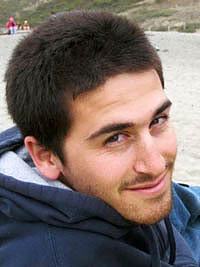Vayakhel-Pekudei
The Talmudic phrase bitul Torah, literally the “cancellation of Torah,” refers to the time one spends occupied with the world at large, away from Jewish text study. Chol, literally “profane,” refers to the six days of the week before Shabbat. Such language suggests that religious life takes place only within the temporal boundaries of ritual. …
Read More
